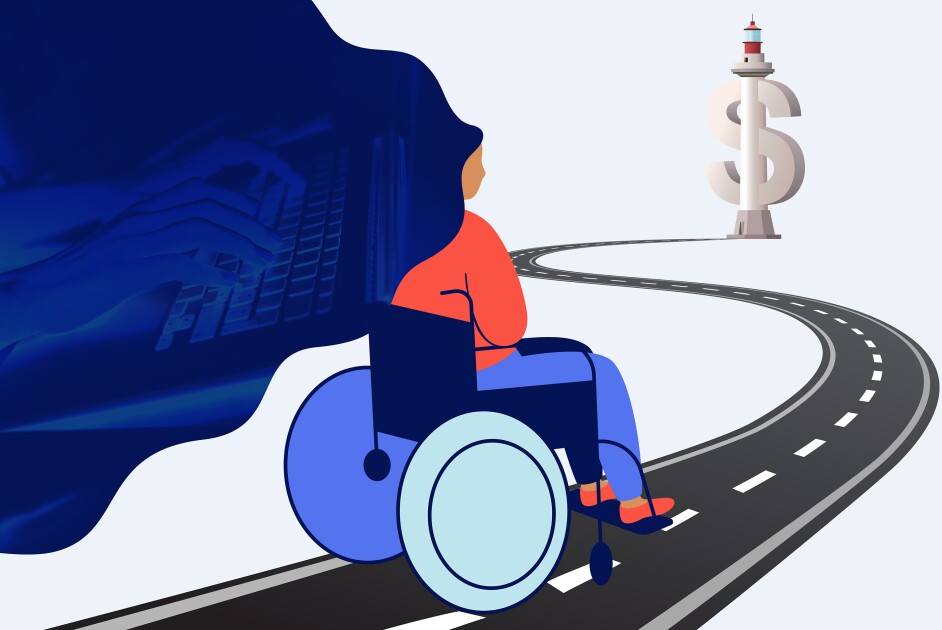The U.S. Department of Education is investing $236 million to address a perennial education challenge: helping young people with disabilities transition from K-12 schools to higher education programs and the workforce.
School districts, state education and health agencies, institutions of higher education, Indian tribes and nonprofit organizations will have the opportunity to compete for a share of the funding, which is intended to support innovative proposals to address this difficult and challenging transition.
The Department of Education plans to allocate about 23 to 29 grants of $8 million to $10 million each for up to five years.
While the program is not entirely new, it is the largest funding ever provided, with just under $200 million allocated in the latest grants.
AI will improve the skill sets of workers, which gives hope that we can hire as many people as possible and diversify our workforce.
Eleazar “Trey” Vasquez III, professor at the University of Central Florida and director of the university’s Toni Jenkins Institute for Special Education
It also marks the first time that grant funding will be directed to nonprofit organizations and higher education institutions, a change made possible by congressional action.
This is also the first time that the grants have focused on two specific technology-related goals: enabling people with disabilities to succeed in jobs or careers that involve the use of technology, or using or creating technology that assists people with disabilities in the workplace.
Proposals could focus on one of these technology-related priorities or address one or more of the other three areas: helping incarcerated or justice-system involved people with disabilities transition into the workforce or higher education; supporting career development and higher education for people with disabilities born with disabilities; and helping marginalized people with disabilities, such as low-income people, homeless people, and children raised in foster care, get hired or continue their education.
Applicants’ proposals can aim to support people with a range of disabilities, including physical disabilities (such as mobility impairments or chronic health conditions), sensory disabilities (such as blindness or hearing loss), intellectual disabilities (such as developmental delays or cognitive disabilities), and mental disorders (such as anxiety, depression or bipolar disorder).
These disorders affect a significant portion of the population: in fact, more than a quarter (26%) of adults live with a disability, according to data released in 2018 by the Centers for Disease Control and Prevention.
Additionally, in the 2022-23 school year, 7.1 million students ages 5 to 21 received services under the Institutionalized Students with Disabilities Act, the primary federal law for students receiving special education.
“New Possibilities for People with Disabilities”
The competition was designed to “really foster innovation in the field of rehabilitation services,” said Dante Q. Allen, director of the Rehabilitative Services Administration in the department’s Bureau of Special Education and Rehabilitative Services.
“There are a lot of new technologies out there, like artificial intelligence, that could open up new possibilities for people with disabilities to get jobs that were previously thought of as unsuitable for them,” Allen said. “I’m personally interested to see how these technologies can be applied to redefine opportunities for people with disabilities.”
Eleazar “Trey” Vásquez III, a professor at the University of Central Florida and director of the university’s Toni Jenkins Institute for Special Education, also sees potential, noting that data from the Massachusetts Institute of Technology shows that AI, used properly, can significantly improve worker productivity.
“AI will improve the skill sets of workers,” he said, “which gives us hope that we can diversify our workforce and employ as many people as possible.”
Applications for the grants opened on April 9, and the ministry wants applicants to notify the ministry of their intention to apply by April 23. The deadline for applications is July 8.
The department will hold a pre-application information session on May 1 at 1:30 p.m. ET to answer applicants’ questions.

